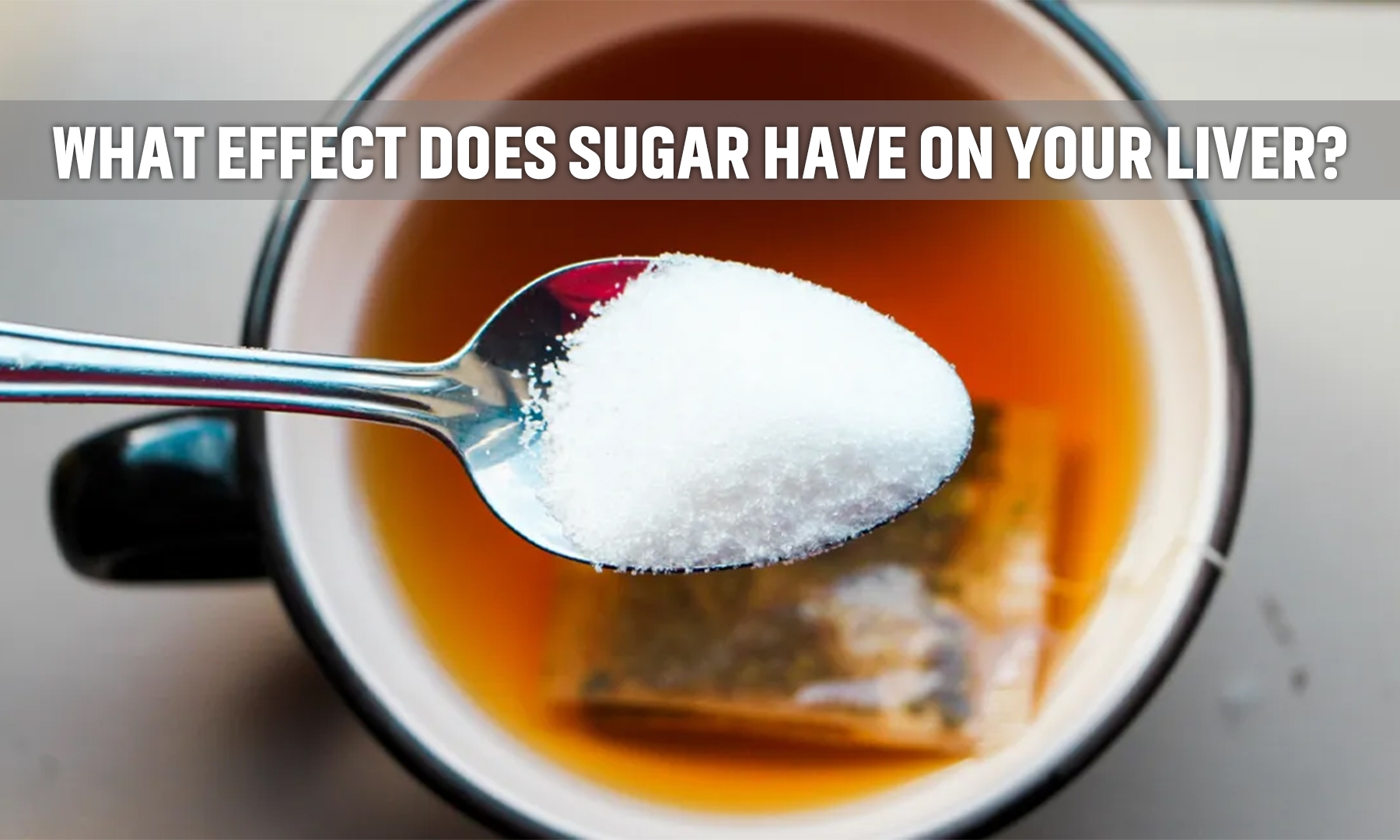It is generally advised that we begin our days with a fruit rather than tea or coffee, however the majority of us begin our days with tea or coffee that contains sugar. But have you ever thought that is sugar really beneficial for our general health?
Did you know there are 4 types of sugar?
- Fructose (i.e. fruit sugar)
- Sucrose (i.e. table sugar)
- Lactose (i.e. dairy sugar)
What happens in our body when we intake sugar?
When we consume sugar, our body break it down into glucose, use some of it for energy, and reserve it for later use. Excess glucose is used to build fat cells. One of the organs in our bodies where excess fat is stored is the liver. Fat cells gradually replace liver cells over time, resulting in non-alcohol-related fatty liver disease. According to some research, sugar can be just as bad for your liver as alcohol, even if you’re not overweight.
What happens if we consume an excessive amount of sugar?
When you consume an excessive amount of sugar, your body stops responding effectively to insulin, and your pancreas begins producing even more insulin. Your overworked pancreas will eventually fail and your blood sugar levels will rise, putting you at risk for type 2 diabetes, cardiovascular disease, cancer, and obesity, which is a leading cause of liver disease.
What happens when we consume a lot of sucrose?
When the same amount of fructose and sucrose are used, the latter increases fat production even more. Puddings, milkshakes, cakes, fruit juice drinks, deep-fried dishes with sweet sauce, cookies, pancakes, sweets, chocolate, and commercial cereals are examples of high sucrose foods.
According to medical studies, even a moderate amount of sugar consumed on a regular basis might disrupt metabolism. Because the liver can only process fructose found in fruits and vegetables and other sugar sources to a limited amount, consuming additional sugar sources causes’ fat storage in the liver and increases the risk of NAFLD and insulin resistance in individuals.
How much sugar is fit for consumption?
According to the World Health Organization (WHO), people should consume not more than 5% of their daily calories from added sugar. For a person with a typical diet, this equates to 25 g, or around 6 teaspoons.
Did you know that?
Sugar also contributes to skin ageing and causes acne?
What happens to our liver when we consume sugar?
Our liver can only process fructose, which is found in fruits and vegetables and other sugar sources to a lesser extent, but consuming other sugar sources promotes fat storage in the liver and increases the risk of NAFLD and insulin resistance in individuals. When we consume sugar on a daily basis, our bodies produce inflammatory chemicals, which collect in our systems, harming other internal organs and finally contributing to liver disease.
When the liver is damaged, obese, or inflammatory, it cannot work as effectively as it should. It cannot digest or eliminate poisons from our body. It also contributes to obesity by affecting the metabolism of fat and cholesterol, resulting in an increase in fatty deposits.
It has been found that teenagers over consume in fizzy drinks and sweets. This is a serious sign of liver disease in the younger generation, as well as the incidence of NAFLD in children and teenagers, as well as an increase in severe liver disease in adults.
How can you avoid liver damage caused by sugar synthesis?
- Sugar consumption should be restricted.
- Consuming a lot of vegetables and fruits
- Exercise on a regular basis
For further information on liver health and disease you can consult Dr Gaurav Gupta, Liver Specialist in Mumbai.

